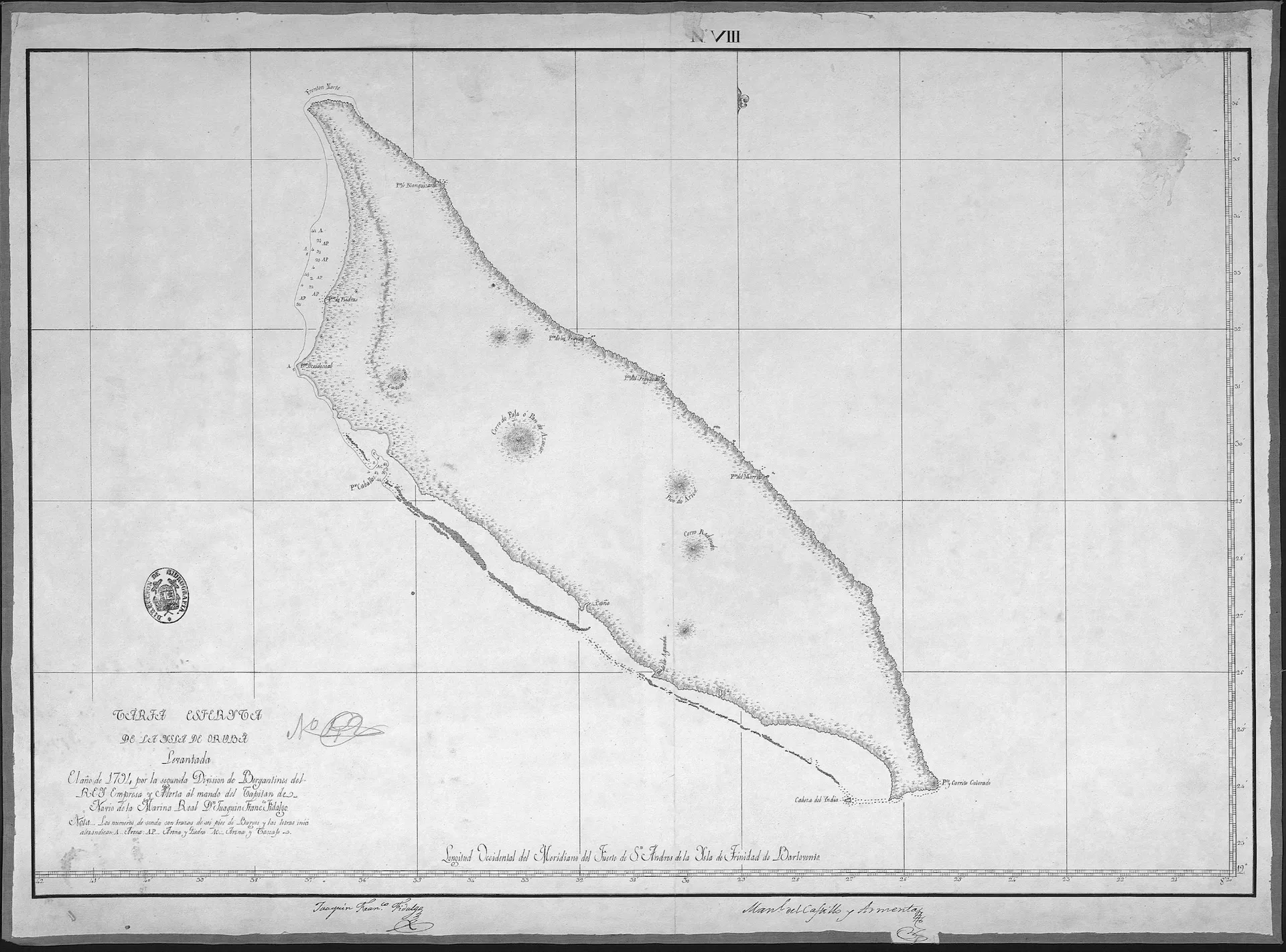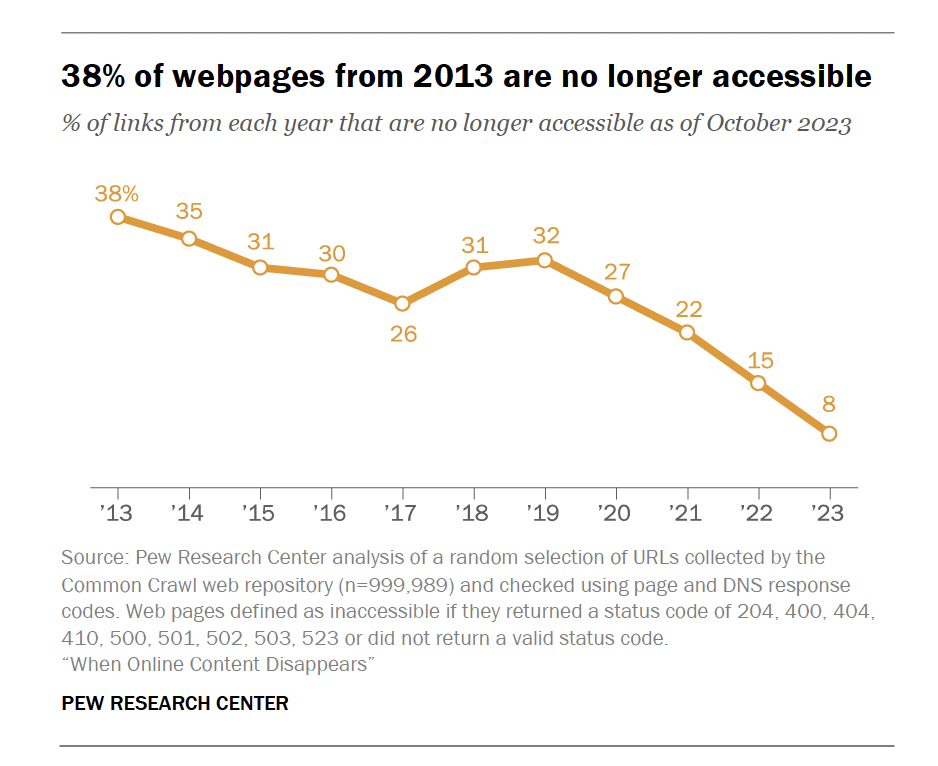On a recent post about the importance of a national policy for digital memory in Brazil, we were commenting that…
…the rise of digital media drastically alters some established definitions of “cultural memory” based on the logic of “printed archives”, which came to shape the functioning model of archives, libraries, and museums in the 20th century. In her book “Rogue Archives,” Abigail De Kosnik reminds us that “since the late 19th century, memory – not individual private memory, but public, collective memory – has been the domain of the state.” In the 21st century, however, digital culture practices drive dynamic and unpredictable flows that have been constantly redefining and expanding the concept of “cultural memory” in recent years.
On the importance of a national policy for digital memory — Blog – Brasiliana Museus (30/11/2023)
As we have been considering the importance of a policy for digital memory, we advanced discussions with the Brazilian Internet Steering Committee – CGI.br – about the possibility of Ibram becoming a certifying institution for Brazilian museums interested in using the Top Level Domain (TLD) “museu.br”. The goal is to develop the domain as a space for implementing models of interoperability (accessibility) and preservation for Brazilian digital cultural heritage, as we understand that ensuring access to these resources cannot depend on proprietary infrastructures controlled by foreign technology companies.
According to the “Declaration of the 4 Digital Rights for the Protection of Memory Institutions” launched by Aruba, to maintain their traditional functions in the digital world, memory institutions must possess the affirmative rights to:
- COLLECT materials in digital form, whether through digitization of physical collections, or through purchase on the open market or by other legal means;
- PRESERVE digital materials, and where necessary repair, back up, or reformat them, to ensure their long-term existence and availability;
- PROVIDE controlled ACCESS to digital materials for advanced research techniques and to patrons where they are—online;
- COOPERATE with other memory institutions, by sharing or transferring digital collections, so as to aid preservation and access.
As we identify with the idea of digital rights for memory institutions and with the terms of the Declaration—an initiative absolutely relevant to the field of public digital memory—we seek to understand the origin and meaning of the initiative. It all begins when Peter Scholing, an information scientist and researcher at the National Library of Aruba (BNA), becomes aware of the “Internet Archive’s” struggle with the publishing field to protect library users’ access to e-books. This legal dispute sparked a debate that generated pertinent reflections and arguments about the role of memory institutions in the digital age, and resulted in a Report: “Securing Digital Rights for Libraries: Towards an Affirmative Policy Agenda for a Better Internet (2022)“
The librarian from Aruba considered the arguments raised in the Report to be very good but understood that it would be necessary to broaden the scope of reflection to protect not only libraries but all memory institutions, or rather, the entire GLAM** universe. Thus, the idea of the “Declaration of the 4 Digital Rights for the Protection of Online Memory Institutions” was born, which virtually becomes a universal declaration in favor of open access to information in digital media, aligned with the UN Sustainable Development Goals (UN 2030 Agenda/ Sustainable Development Goals, #16.10 – ensure public access to information and protect fundamental freedoms, in accordance with national legislation and international agreements).
It is worth noting that the relationship between Peter Scholing and the “Internet Archive” began in 2018 with the launch of the “Aruba Collection” project—an initiative to digitally preserve the history of the Caribbean island on the servers of the American digital library. Aruba’s turbulent past, which saw its indigenous population initially colonized by the Spanish and later by the Dutch, holds important records of the slave trade and Venezuela’s oil routes. Due to its geographical location, the island is subject to catastrophic weather events, and it seemed pertinent for the American non-profit digital library to offer to digitize and preserve all the content of the local cultural heritage.
The “Aruba Collection” and the “Internet Archive”

According to the “Internet Archive,” the “Aruba Collection” “includes about 40,000 documents, 60,000 images, 900 videos, 45 audio files, and seven 3D objects, totaling 67 thematic and/or institutional (sub)collections.” In addition to adding everything to its own servers, the “Archive” claims it is also backing up everything using the decentralized Filecoin network. It does not seem ideal to us that the process of digitizing a country’s cultural heritage is outsourced to a foreign non-profit organization, and it would be desirable for memory institutions around the world to have direct access to these resources for digitizing their collections. The “Internet Archive,” for its part, had not yet acted in this manner before, digitizing all the content of a country, but it has already partnered with projects and institutions around the world, such as “backing up 90% of the Indonesian island province of Bali’s literature“, and is open to working with other countries in this regard.
When we think about a digital preservation policy for Brazil, it is important to understand the role played by the “Internet Archive” in the digital preservation of the planet. The non-profit organization was founded in 1996 by Brewster Kahle and, to date, hosts 99 petabytes of unique data, or 99,000 terabytes. More than half of this total comes from the “Wayback Machine,” its collection of archived websites, which constitutes the only serial archiving reference, since 1996, on the scale of the web. The quote below illustrates the scope of the “Archive’s” endeavor in terms of volume and diversity, highlights the enormous (material and immaterial) value of the generated collections, and in a way explains the reasons for the legal attacks that are beginning to threaten the permanence of such an important collection for the entire world. How can we protect it?!
The Archive also hosts assortments of VHS tapes, ancient computer games, Lego set instructions, emulated calculators, sponsored films, and Google Plus posts. I’ve easily lost altogether days or more to poring through its vast stores. The site is threatened today by legal battles over its preservation efforts, such as last year’s ruling that it can’t serve as a library for ebooks and a music industry lawsuit pointed at the site’s Great 78 Project to archive old records.
The Internet Archive is now hosting Aruba’s history, by Wes Davies – The Verge – 10/04/2024
In the excellent report that originated the Declaration for the Protection of Memory Institutions, evidence is presented about the risks of the current scenario for the preservation of cultural memory, as “when information and entertainment lose their perceived monetary value, commercial players have no incentive to keep them accessible, resulting in large gaps in our collective cultural record.”
For example, Myspace deleted an estimate of 53 million music files from its servers, erasing what remained of a once-lively hub for up-and-coming musicians in the early aughts.? More recently, HBO took down 200 episodes of the classic children’s program, Sesame Street, in addition to 36 other titles on its HBO Max platform.’® What happened to the digital age’s promise of allowing smaller actors to increase access for everyone? In this world of licensing over ownership, the rightsholder has almost complete control over what’s available at any given moment—and, worse, forever thereafter—no matter what their customers thought when they clicked the ‘buy’ button.
“Statement Protecting Digital Rights of Memory Institutions” (Report — “Securing Digital Rights for Libraries: Towards an Affirmative Policy Agenda for a Better Internet”)
A recent and careful study by Pew Research on “link rot” on the Internet — “When Online Content Disappears” — demonstrates the magnitude of the problem we have in the realm of digital memory. The main announcement of the research is alarming: more than 1/3 (38%) of web content from 2013 has already disappeared. The phenomenon directly impacts Wikipedia references, which has 23% of news links broken, and records the disappearance of 21% of .gov sites (!!).

It is worth highlighting how this aspect of the disappearance of digital memory is directly related to the 1st right, which, according to the Declaration of Aruba, must be guaranteed to all memory institutions:
- COLLECT materials in digital form, whether through digitization of physical collections, or through purchase on the open market or by other legal means.
The right to collect and preserve openly accessible content on the Internet is crucial to ensure that museums, archives, and libraries continue to fulfill their public interest functions concerning digital memory. If companies involved in creating “artificial intelligence” applications, which are now flooding the software market, can invoke “fair use” to “scrape” Internet content and thus train their Large Language Models (LLMs) to perform services like ChatGPT, certainly memory institutions can do the same to serve the public interest.
On Aruba’s path
It’s crucial to recognize that when profit-driven interests overshadow public considerations for access to information, knowledge, and culture, both democracy and humanity suffer. Imagine a world without the “Internet Archive” — currently sob ataque da indústria de conteúdos digitais — and without adequately supported memory institutions. In such a scenario, information would surface and vanish based solely on corporate interests, rather than its importance to the public. This would lead to a significant loss in our collective cultural and informational heritage.
These are the reasons that lead us to agree with the “Declaration of the 4 Digital Rights for Memory Institutions” — we need to provide space (infrastructure) and power to memory institutions so they can continue preserving cultural heritage assets in digital format as well, and this task is not trivial. Initiatives that involve establishing public infrastructure for the organized and enduring storage of digital collections are fundamental at this moment to ensure the preservation of digital memory and democracy.
Next, in this blog, we will provide more information about the implementation of the ‘museu.br’ domain by the Brazilian Institute of Museums, and how the work of the “Internet Archive” serves as an inspiration for this initiative.
Related links:
- “Rogue Archives“, by Abigail De Kosnik – University of California, Berkeley
- Internet Archive‘s Report: “Securing Digital Rights for Libraries: Towards an Affirmative Policy Agenda for a Better Internet (2022)“.
- Aruba Declaration: “Four Digital Rights For Protecting Memory Institutions Online“
- The Internet Archive is now hosting Aruba’s history, by Wes Davies – The Verge – 10/04/2024
- Internet Archive Stands Firm on Library Digital Rights in Final Brief of Hachette v. Internet Archive Lawsuit — Internet Archive Blog — 19/04/2024
- “When Online Content Disappears” (Pew Research, 2024) — 17/05/2024